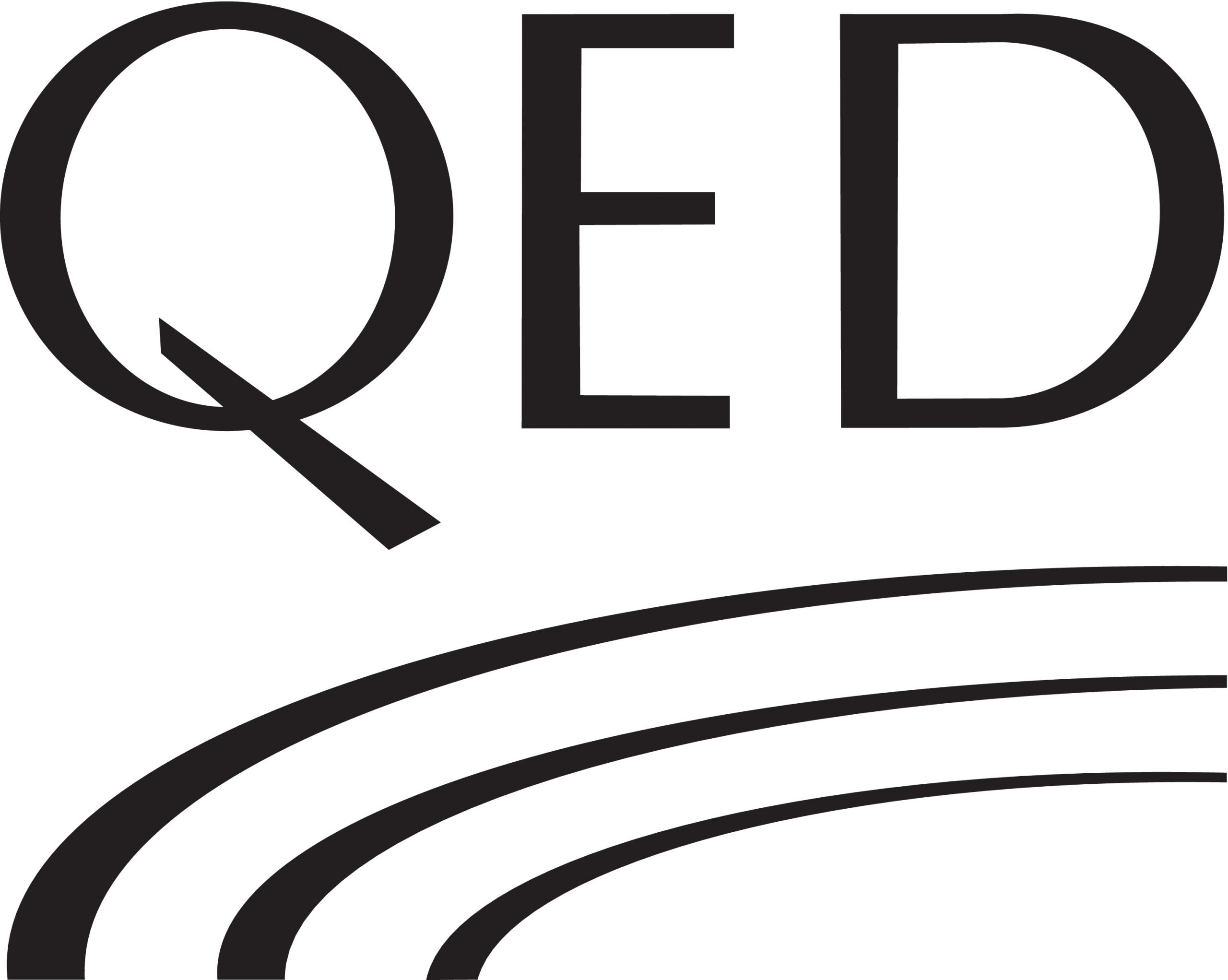QED’s Reference High Resolution USB cable has been updated and improved with a slimmer, more flexible profile, and an enhanced performance that is designed to minimise jitter (timing errors) in the audio data stream between your digital devices.
British audio specialists QED has been designing and engineering superior analogue and digital cables for over 45 years, and the new Reference High Resolution USB is informed by the results of the company’s exhaustive research into cable design since 1995, detailed in The Genesis Report.
The Reference High Resolution USB is the state-of-the-art offering from QED and represents the pinnacle of the company’s understanding of complex cable application.
Available now in 0.6m, 1m, 2m and 3m lengths, the Reference High Resolution USB cable features full high resolution compatibility and is designed to deliver an enjoyable, musical performance for long listening sessions. It exceeds all the requirements for high resolution audio, supporting files beyond 24-bit/192kHz, as well as DSD and MQA audio file formats.
Key features and improvements include:
Impedance Controlled Data Lane
The QED Reference High Resolution USB uses a tightly controlled, 24 AWG, 99.999% oxygen-free copper twisted-pair geometry featuring low-permittivity, foamed-polyethylene dielectrics, which is uniformly bound by an aluminium/mylar wrap. This arrangement is not usually found in a USB cable and is similar to that used in QED’s high performance HDMI cables.
Because the impedance of the data lane is kept within strictly defined parameters, it exceeds the standard USB 2.0 specification by more than half. Therefore the jitter added to the audio data stream is kept to a minimum, resulting in a better timed musical performance and increases the enjoyment of actually listening to music.
Clean Path Audio Return Technology
The updated cable features complete isolation of the USB power and data lanes. USB cables carrying the charging currents and PC power generate noise alongside the audio data stream, which can have an adverse effect on sound quality.
To combat this, the Reference High Resolution USB uses a double layer shield comprising a 100% aluminium/mylar wrap and shield braid connected to the ground to complete electrically isolate the data and power. This results in cleaner, more precise and more accurate audio transmission.
Floating Ferrite Insulation
The QED Reference High Resolution USB features a unique integral Zn/Mn floating, ferrite jacket. This absorbs high frequency noise signals generated both internally and externally, and works to create a much quieter electrical environment in and around the cable so that jitter within the audio data stream is minimised.Read the QED Reference High Resolution USB white paper for more details:Download
Like all QED cables, the Reference High Resolution USB comes with a lifetime guarantee.
Prices:
QED Reference High Resolution USB 0.6M – £74.95 / €95
QED Reference High Resolution USB 1M – £79.95 / €100
QED Reference High Resolution USB 2M – £89.95 / €110
QED Reference High Resolution USB 3M – £99.95 / €125
To learn more visit www.qed.co.uk (UK) and www.qacoustics.com (US)
About QED
British audio specialists QED has been designing and engineering superior AV cables for over 45 years, with its QED 79 strand cable, released in 1976, widely recognised as the world’s first “specialist” speaker cable – a product that demonstrated how cables could have a tangible impact on audio performance. Since then, the company has used extensive scientific research and computer-aided design techniques to ensure its products remain at the very cutting edge of technology. That rich heritage and constant drive for innovation underpins QED’s latest products. All cables deliver an enhanced sonic performance without compromising on their competitive price points.
For more information visit www.qed.co.uk (UK) and www.qacoustics.com (US)






